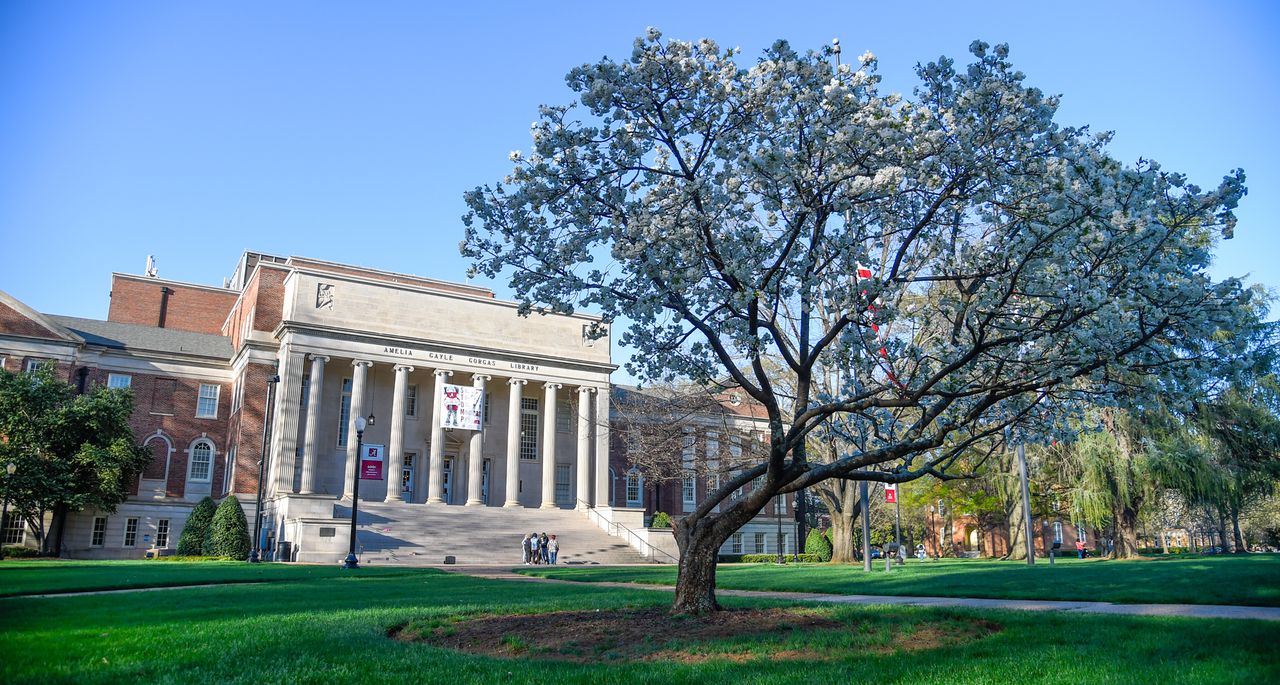Alabama higher ed official vows support for college DEI efforts
Alabama’s higher education chief says universities should continue to embrace efforts to address bias and prejudice in the classroom – despite current efforts to ban diversity and inclusion policies in the legislature.
“In the future, [students] are going to solve these problems that we’re all addressing, and I find the college environment as the single place that you can,” said Jim Purcell, director of the Alabama Commission on Higher Education, which oversees state universities and financial aid. “You certainly can’t do it at Thanksgiving, and you can hardly do it in other settings.”
Purcell addressed two Republican-backed efforts at the commission’s quarterly meeting Friday morning: A divisive concepts bill and a recent Alabama GOP resolution to abolish diversity, equity and inclusion policies in state institutions.
Read more Ed Lab: How to track bills, issues during the 2023 legislative session.
Read more Ed Lab: University of Alabama debates changes to general education curriculum.
House Bill 7, a “divisive concepts” bill resurrected from last year’s session, would ban colleges and K-12 schools from “promoting or endorsing, or requiring affirmation of certain divisive concepts related to race, sex or religion.”
The Alabama GOP also passed a resolution last month that aims to abolish diversity trainings, pronoun usage and diversity, equity and inclusion departments in state colleges.
Rep. Ed Oliver, R-Dadeville, is a primary author of both the ALGOP resolution and the “divisive concepts” bill. His bill allows programming that supports diversity, equity and inclusion, but lets employees opt out if they don’t want to attend.
In an interview with AL.com last year, Oliver said the original bill was modeled after a policy template by Christopher Rufo, a conservative activist who has been leading the charge against so-called critical race theory in American schools.
“We are fighting for a colorblind America and we believe that it is an abuse of power to subject students or employees who are in a subordinate position to learn racist concepts,” Oliver said on the stand last year.
A similar bill filed by Oliver last year passed the House last year in a 65-32 vote, after lengthy debate and revisions from professors, civil rights groups and higher education lobbyists. It died in the Senate at the end of the session, as lawmakers opted for another bill restricting some discussion of LGBTQ topics in elementary classrooms.
The bill defines “divisive concepts” to include ideas that certain individuals are inherently superior, inferior,or deserving of discrimination based on their race, color, religion, sex, ethnicity or national origin.
The bill also bans any concepts that label individuals as racist, sexist or oppressive, or otherwise assign guilt, blame or question the moral character of an individual based on those characteristics.
Oliver’s bill does include allowances for discussions of divisive concepts at the college level, as long as topics are taught “in an objective manner and without endorsement as part of a larger course of academic instruction, provided the institution and its employees do not compel assent to any divisive concept and otherwise act pursuant to the provisions of this act.”
Experts say legislation like Alabama’s are part of a national effort to abolish diversity and inclusion policies in educational institutions. Since 2021, at least eight lawsuits have challenged such laws in other states.
Purcell, in his comments to commission members Friday, said the actual text of the bill likely won’t impact colleges as much as the motives that seem to be driving the legislation.
According to the bill’s current text, colleges can teach the material so long as it is presented in a “historically accurate context.”
It also protects efforts to collect demographic data, which, Purcell said, is not only federally mandated but is critical for colleges to help address disparities.
“You can sort of see that the rhetoric in the synopsis, which isn’t law, is much more powerful than actually what is stated in the legislation,” he said. “And we have to think about the repercussions on our campuses about that.”
ACHE is not involved with any counter-legislation or efforts to revise the bill, a spokeswoman told AL.com.
But as for leadership’s stance on the topic, Purcell said he fully supports diversity, equity and inclusion efforts for the following reasons:
- There is no better curriculum for preparing people for the real world than a curriculum that requires students to think critically about real world issues, including topics such as diversity, equity and inclusion.
- Colleges should create a safe environment where persons are encouraged to explore new ideas, develop socially and are recognized by their talents above all else.
- Topics discussed in the public square should become a part of the dialogue occurring on college campuses, inspiring students to reflect on different perspectives.
- Our society must consistently evaluate how we engage with each other or we may easily find ourselves advancing a non-productive sequence of decisions embodying unconscious bias, injustice and exclusion.
- We should continuously seek to live out the promise in the Constitution’s preamble to “build a more perfect union.”
“The Constitution said it: We aren’t perfect as we built this, and we want you to always continue to improve our governance as we move along,” he said. “And we need to have these real conversations about what it means to be an American, and what it means to live in a society and be respectful of each other.”
Alabama’s 2023 legislative session is currently in recess. Debate on Oliver’s bill may occur later this spring.
